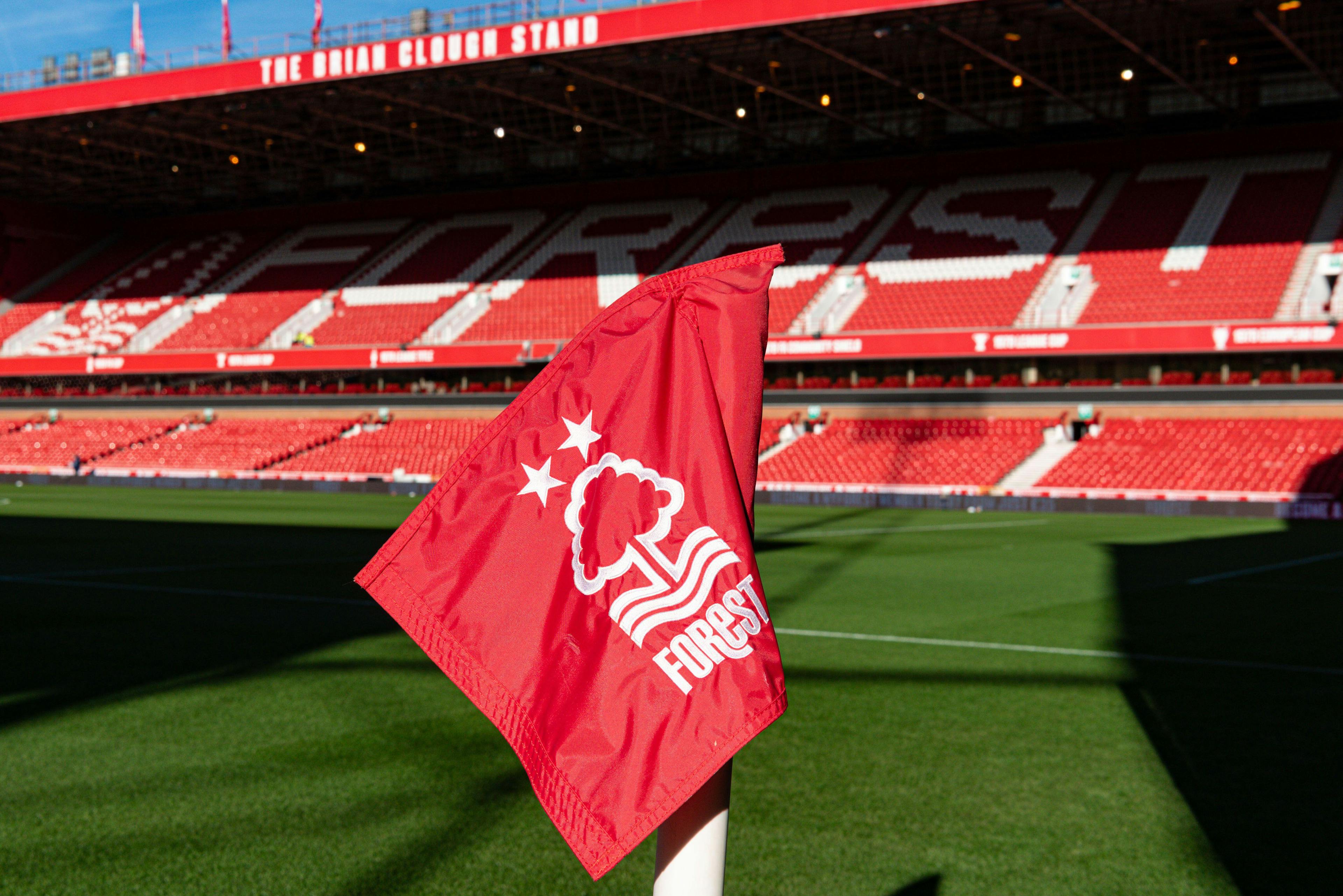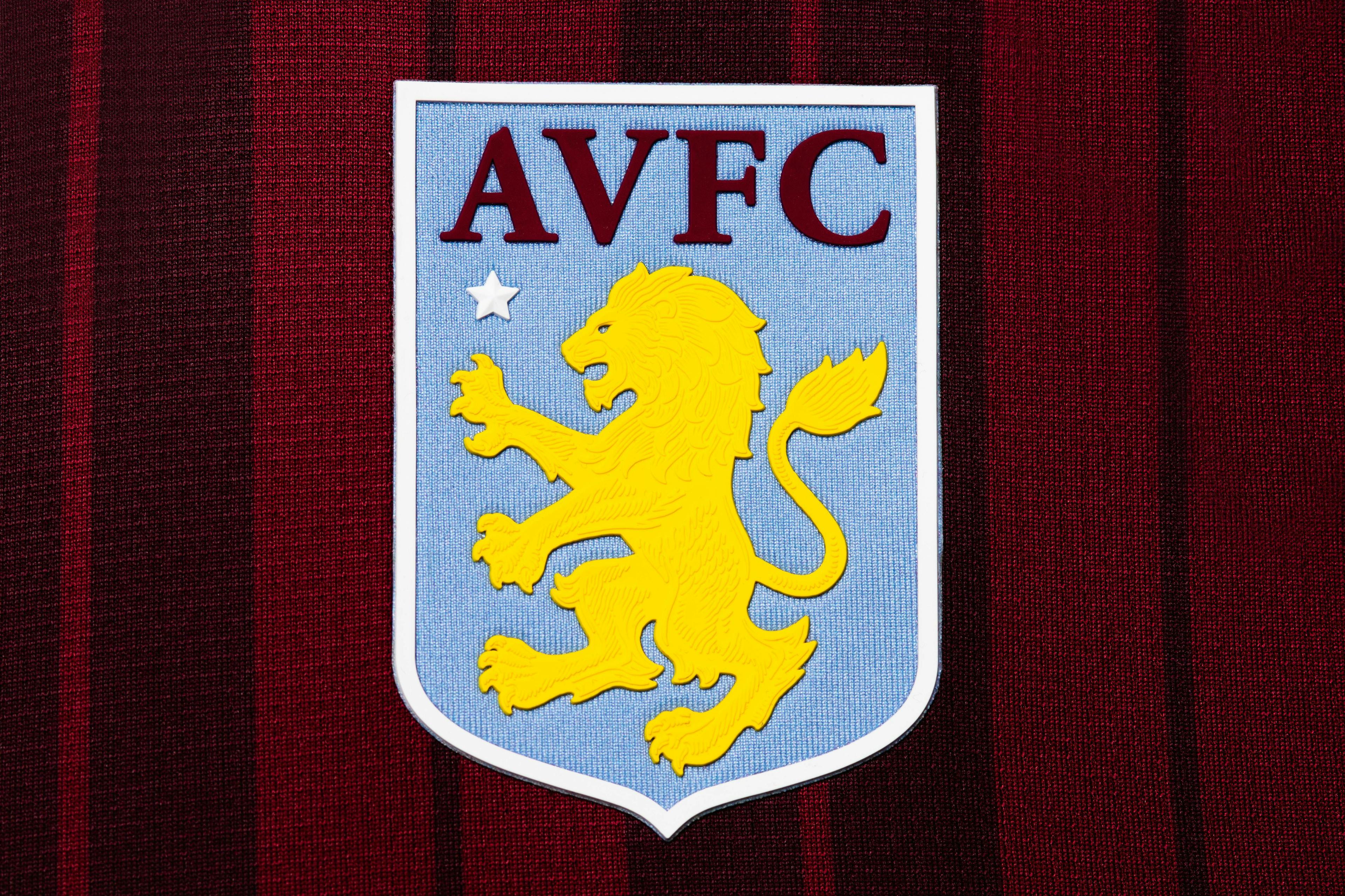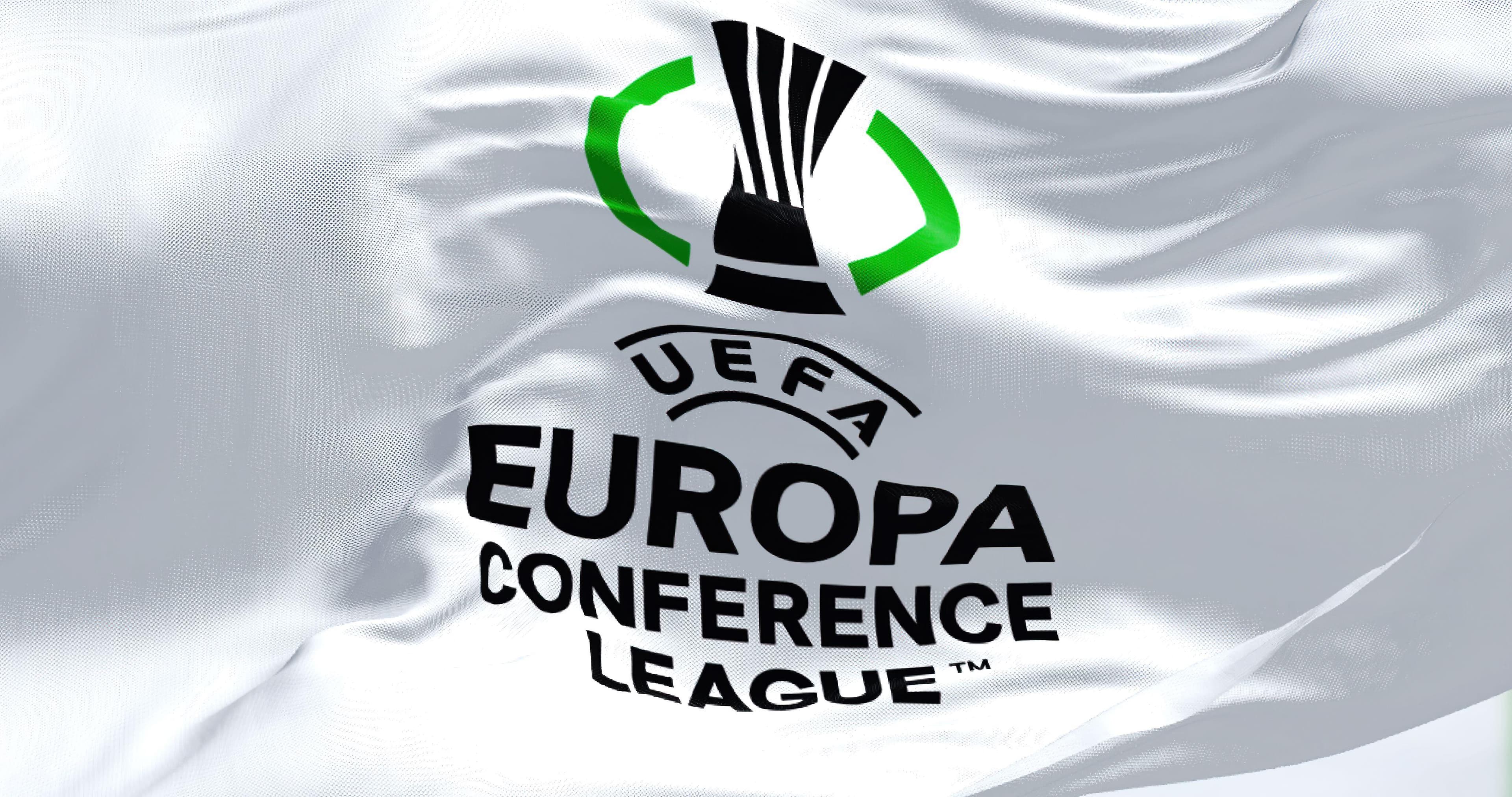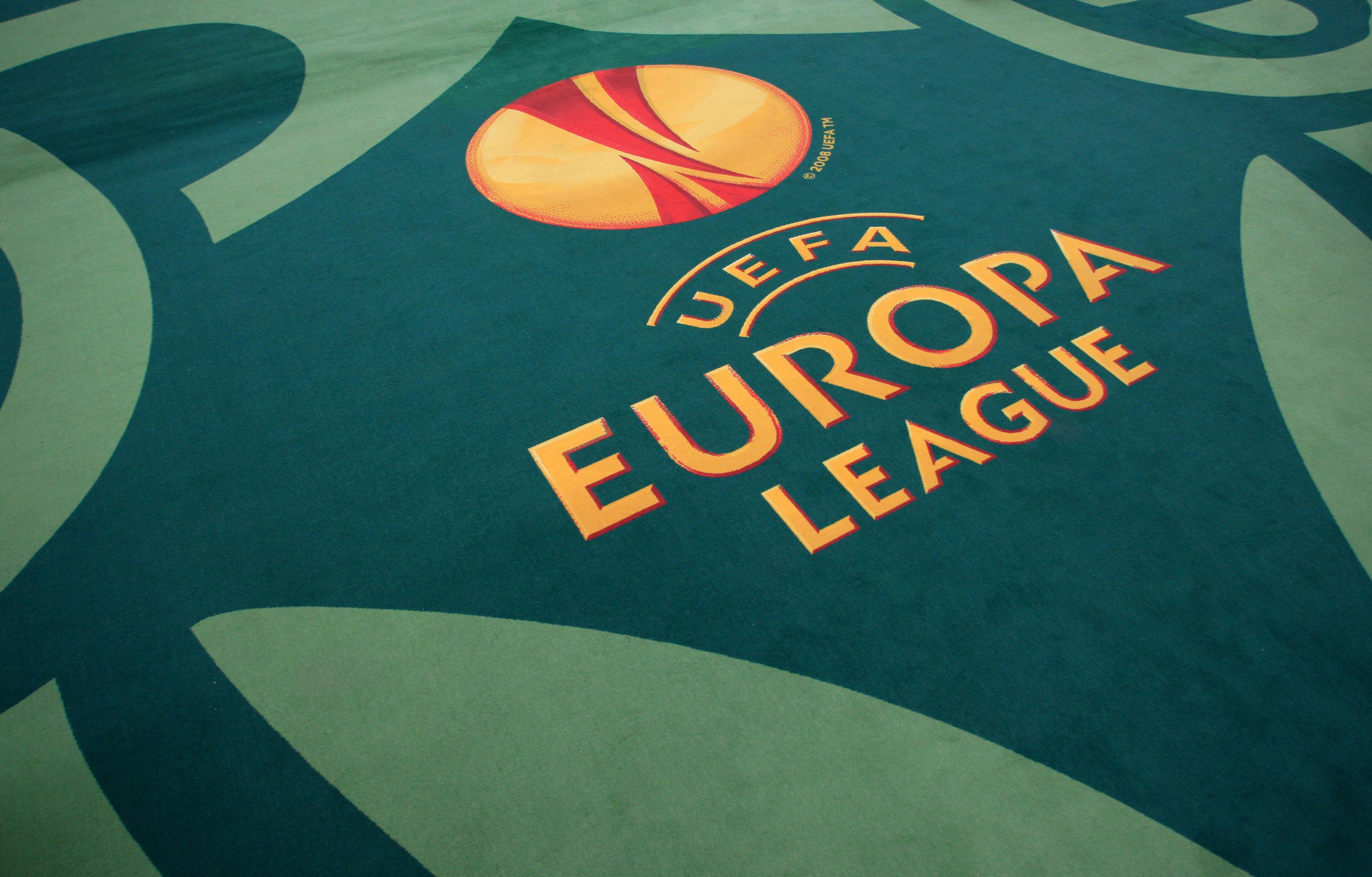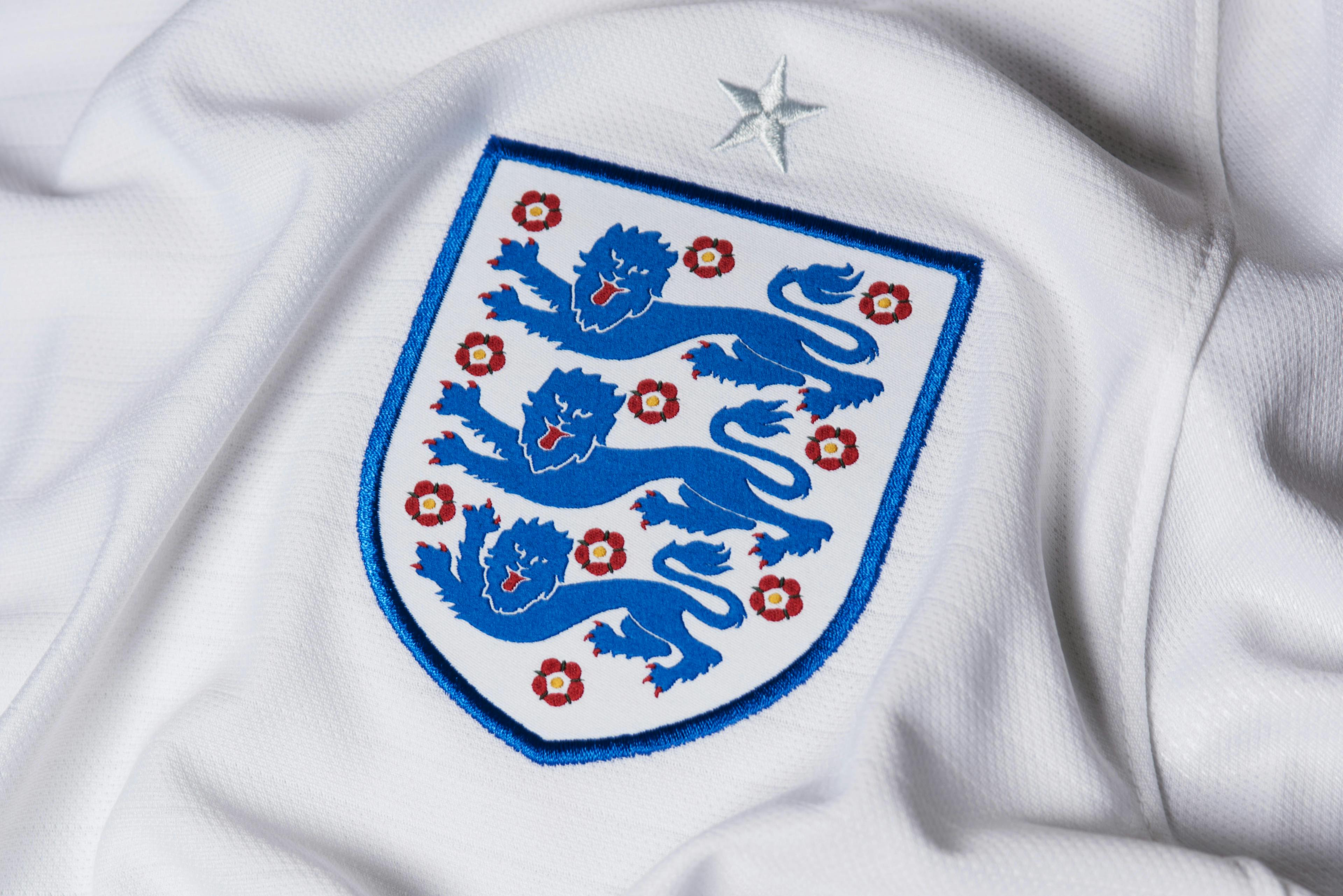Football is the biggest sport across Europe with thousands of teams competing at the highest levels. In our European football news, we look at leagues outside of the UK such as the Serie A, Bundesliga, Ligue 1 and La Liga providing insights and predictions for the games.

